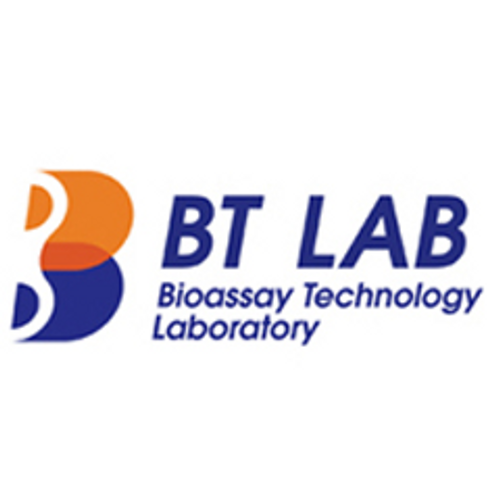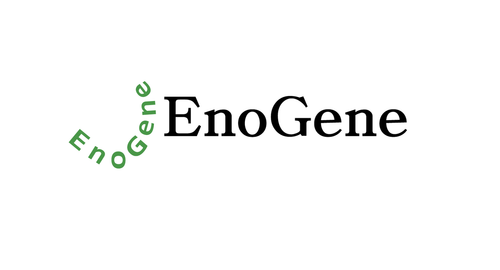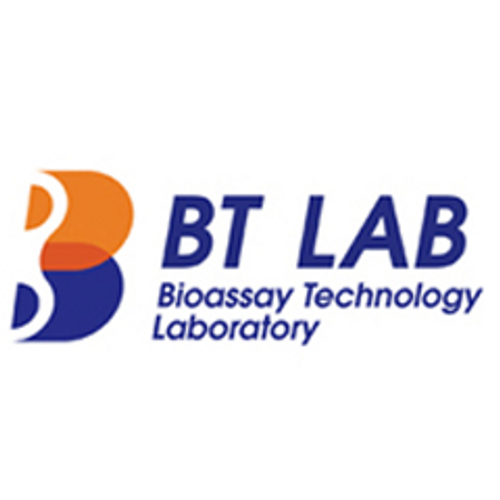Product Description
Human Insulin-like growth factors binding protein 3 (IGFBP-3) ELISA Kit | AE60792HU | Abebio
Species Reactivity: Human (Homo sapiens)
Abbreviation: IGFBP3
Alternative Name: tcag7.703; BP-53; IBP3; IGF-binding protein 3|acid stable subunit of the 140 K IGF complex|binding protein 29|binding protein 53|growth hormone-dependent binding protein
Application: ELISA
Range: 0.625-40 ng/mL
Sensitivity: 0.251 ng/mL
Intra-Assay: ≤6.7%
Inter-Assay: ≤8.1%
Recovery: 1, 02
Sample Type: Serum, Plasma, Other biological fluids
Detection Method: Sandwich
Analysis Method : Quantitive
Test Principale: This assay employs a two-site sandwich ELISA to quantitate IGFBP3 in samples. An antibody specific for IGFBP3 has been pre-coated onto a microplate. Standards and samples are pipetted into the wells and anyIGFBP3 present is bound by the immobilized antibody. After removing any unbound substances, a biotin-conjugated antibody specific for IGFBP3 is added to the wells. After washing, Streptavidin conjugated Horseradish Peroxidase (HRP) is added to the wells. Following a wash to remove any unbound avidin-enzyme reagent, a substrate solution is added to the wells and color develops in proportion to the amount of IGFBP3 bound in the initial step. The color development is stopped and the intensity of the color is measured.
Product Overview: The protein forms a ternary complex with insulin-like growth factor acid-labile subunit (IGFALS) and either insulin-like growth factor (IGF) I or II. In this form, it circulates in the plasma, prolonging the half-life of IGFs and altering their interaction with cell surface receptors. IGFBP3 protein levels decrease during the progression of prostate cancer from benign prostatic hyperplasia (BPH) to its metastatic form.Although, production of the protein does not cease completely. IGFBP3 is still made (at a lower level) by prostate cancer cells and secreted into the surrounding environment. However, instead of the full length, functional protein, IGFBP3 is found to be cleaved.
Stability: The stability of ELISA kit is determined by the loss rate of activity. The loss rate of this kit is less than 5% within the expiration date under appropriate storage condition. The loss rate was determined by accelerated thermal degradation test. Keep the kit at 37°C for 4 and 7 days, and compare O.D.values of the kit kept at 37°C with that of at recommended temperature. (referring from China Biological Products Standard, which was calculated by the Arrhenius equation. For ELISA kit, 4 days storage at 37°C can be considered as 6 months at 2 - 8°C, which means 7 days at 37°C equaling 12 months at 2 - 8°C) .
 Euro
Euro
 USD
USD
 British Pound
British Pound
 NULL
NULL












